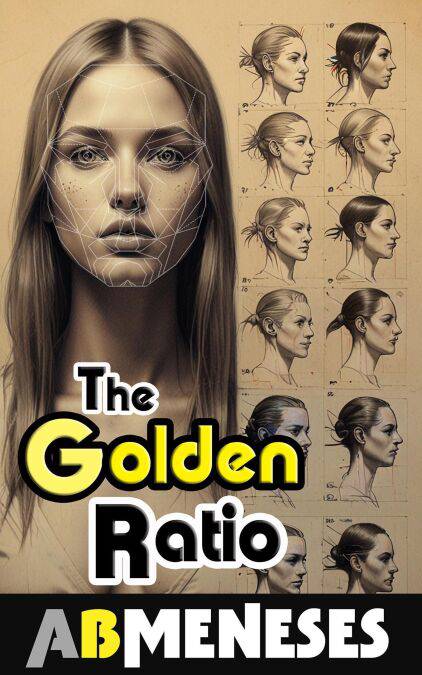
- Retrait gratuit dans votre magasin Club
- 7.000.000 titres dans notre catalogue
- Payer en toute sécurité
- Toujours un magasin près de chez vous
- Retrait gratuit dans votre magasin Club
- 7.000.0000 titres dans notre catalogue
- Payer en toute sécurité
- Toujours un magasin près de chez vous
Description
Ah, the Golden Ratio, or Phi - 1.618—is often hailed as the "beauty code," a numerical spell that some claim unlocks the secret to physical perfection, especially in women. It's the mathematical equivalent of a beauty guru, whispering sweet nothings about symmetry, proportion, and balance into the ears of Renaissance artists and modern plastic surgeons alike. But how does this mystical number relate to beauty, and why has it earned its place as the unofficial ruler of radiant faces?
The Golden Ratio is often used to measure facial symmetry and proportion, two qualities that humans are naturally wired to find attractive. The theory goes like this: if the length and width of your face, the distance between your eyes, the length of your nose, and even the shape of your lips align closely to the proportions defined by Phi, congratulations—you're mathematically beautiful! People with these "golden" proportions are said to have faces that are effortlessly pleasing to the eye, like nature itself whispered, "You're welcome."
Historically, this idea isn't new. Artists like Leonardo da Vinci supposedly used the Golden Ratio in works such as the "Mona Lisa" and "Vitruvian Man," believing it represented the epitome of balance and harmony. The obsession with Phi didn't stop there. In modern times, the Golden Ratio has been used to analyze celebrity faces, revealing why we're mesmerized by the likes of Angelina Jolie or Beyoncé. Spoiler alert: their facial features allegedly align with Phi in ways that leave the rest of us mortal beings scrambling for contour kits and Instagram filters.
Still, there's no denying that the Golden Ratio has left an indelible mark on how we perceive beauty, especially for women. Whether it's in art, fashion, or even the algorithms of beauty apps, Phi continues to strut its stuff like the diva of geometry. But remember, beauty isn't just about being a Phi-nomenon. It's also about embracing what makes you uniquely you—because no amount of math can capture the magic of individuality.
Spécifications
Parties prenantes
- Auteur(s) :
- Editeur:
Contenu
- Langue:
- Anglais
Caractéristiques
- EAN:
- 9786218418967
- Date de parution :
- 10-02-25
- Format:
- Ebook
- Protection digitale:
- /
- Format numérique:
- ePub

Les avis
Nous publions uniquement les avis qui respectent les conditions requises. Consultez nos conditions pour les avis.






